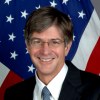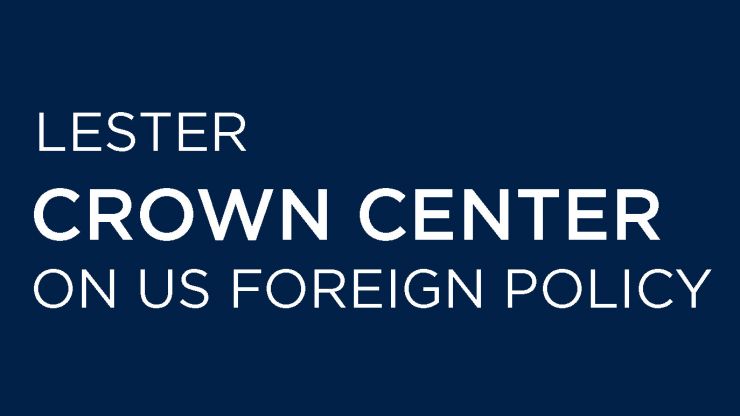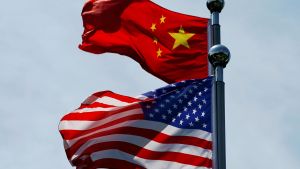Decoupling or Recoupling US-China Relations
Experts share their perspectives on what direction the United States should take in its relationship with China over the next decade.
About This Event
With no resolution to the fractured US-China relationship in sight, the United States faces a choice between continued decoupling and cautious re-engagement. Either path is fraught with risks for America’s national interests, against a backdrop of increasing public concern. Which direction should the United States take in its relationship with China over the next decade and what economic, military, and technological considerations will drive policymaking?
About the Speakers
Lindsey Ford
Fellow, Center for East Asia Policy, Brookings
Lindsey Ford is a David M. Rubenstein Fellow with the Center for East Asia Policy in the Foreign Policy Program at Brookings, and an adjunct lecturer at the George Washington University’s Elliott School of International Affairs. Formerly, Ford served in a number of roles at the Office of the Secretary of Defense.
James B. Steinberg
Former US Deputy Secretary of State

James B. Steinberg is presently university professor of social science, international affairs, and law at Syracuse University, where he was also dean of the Maxwell School until 2016. Steinberg served as Deputy Secretary of State from 2009 to 2011, and as deputy national security advisor to President Clinton from 1996 to 2000.

Evan A. Feigenbaum
Vice President for Studies, Carnegie Endowment for International Peace
At the Carnegie Endowment for International Peace, Evan A. Feigenbaum oversees research in Washington, Beijing, and New Delhi on a region encompassing both East and South Asia. He has served at the US State Department as deputy assistant secretary of state for South Asia and deputy assistant secretary of state for Central Asia.

Crown Center Content
This content is produced by the Lester Crown Center, which aims to shape debates and inform decisions on important US foreign policy and national security issues.

